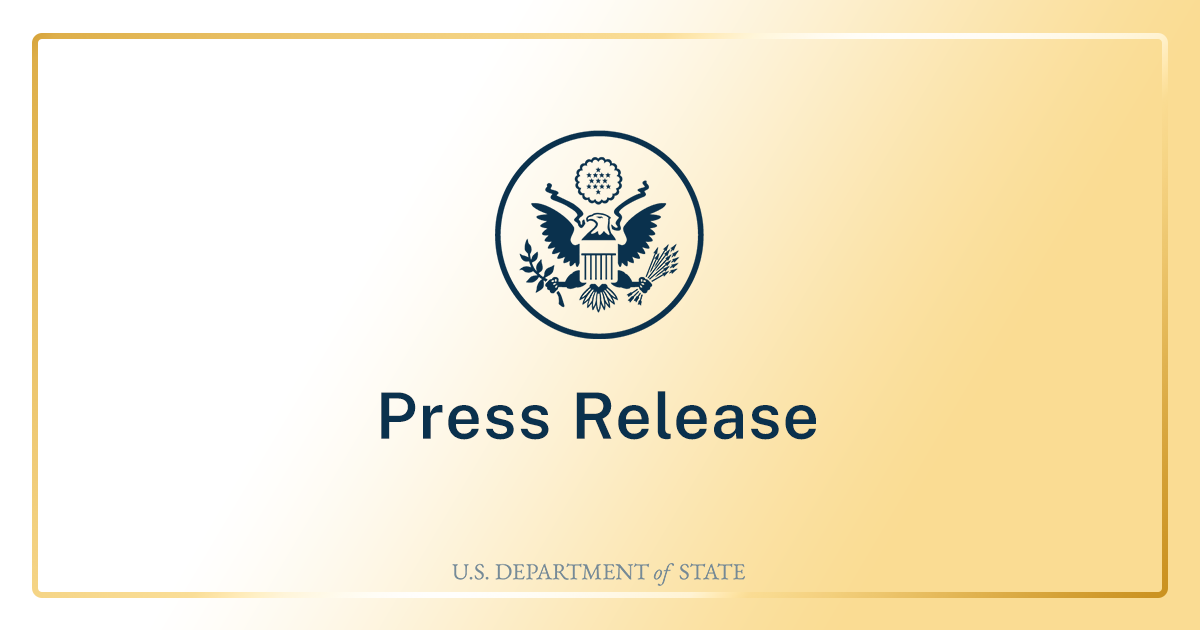Bill C-18, the Online News Act, could give Google and Meta greater influence over Canadian news media in the form of new agreements between online platforms and news organizations.
The act would require digital platforms that make news outlets’ content available in Canada to negotiate with those outlets to provide compensation for their news content. It would apply to platforms that have a significant bargaining power imbalance with news businesses — in other words, Google and Meta, which owns Facebook and Instagram. Advertising revenue has shifted away from news, and in 2020, more than 80 per cent of online advertising revenue in Canada went to Google and Meta.
Bill C-18 would require compensation agreements with Canadian news organizations in “all markets.” This would include non-profit and for-profit sectors, local and regional markets all across Canada, anglophone and francophone communities, official language minority communities, racialized communities, and Indigenous news outlets. Few news organizations would be left behind.
One option is for Google and Meta to stop making news outlets’ content available in Canada, which is a path they have been testing and threatening. The other option will be to come to agreements.
What could these agreements look like?
There are several types of agreements between news organizations and online platforms. First, there are those already in place between news organizations and Google and Meta. We don’t know what these look like because they are private between the parties.
Second, if Google and Meta continue making news available in Canada, and C-18 passes (it is currently in the Senate), there will be a new set of agreements sparked by Bill C-18 with news organizations that don’t currently have agreements with Google or Meta. This is seen as the major benefit of Bill C-18; it gives organizations that have been left out a chance to get in on the funding.
Third, there are additional agreements, which I’ll call side agreements, dealing with matters other than paying for content.

THE CANADIAN PRESS/Sean Kilpatrick
To pass muster with the Canadian Radio-television and Telecommunications Commission (CRTC), content agreements will need to provide “fair compensation” for news content that intermediaries make available. Agreements will have to contribute to Canadian news market sustainability, and they must ensure an “appropriate” part of the compensation is used to support news production.
The CRTC will also be charged with ensuring such agreements do not “allow corporate influence to undermine the freedom of expression and journalistic independence enjoyed by news outlets.”
Does this provision on journalistic independence go far enough?
How much influence do platforms have?
Agreements sparked by Bill C-18 are expected to provide cash payments based on the size of newsrooms. However, under Bill C-18, there is nothing stopping a number of worrying developments that could give digital platforms a growing influence over news organizations.
These could appear in existing agreements, new agreements sparked by Bill C-18, or side agreements. For example, Meta or Google could provide remuneration (or part of the remuneration) in the form of training, technical support, technologies or technology licensing discounts that would deepen the integration of news organizations with digital platform data and technologies.
Such technologies could not only allow data and information about users and news to flow back to platforms (the bill makes no mention of privacy), but also shape how newsrooms view and evaluate their own activities.

THE CANADIAN PRESS/Sean Kilpatrick
The door is also open for platforms to invest in specific capital or projects rather than (or as well as) paying in cash. This would result in platforms gaining influence over the structure and infrastructure of news organizations and/or the content they produce.
Nothing in Bill C-18 stands in the way of platforms providing compensation in the form of payments tied to specific journalistic endeavours or programs, or revenue-sharing based on innovative journalism projects, short of arrangements that would undermine freedom of expression or journalistic independence.
The power to shape news
Bill C-18 will also not stop digital platforms from paying news organizations based on engagement — or another metric based on a platform’s current business model. Agreements could incentivize a certain type or amount of content on digital platforms, such as video content.
Allowing platforms’ business models to potentially shape news in this way can be bad for news quality. It can result in newsrooms pursuing clicks and platform incentives rather than stories and formats that are important to an informed electorate and citizenry.
Even if such activities would impede journalistic independence in some ways, prohibiting such activities could equally be portrayed as eroding journalistic independence. Some news organizations may seek out or welcome such measures.
Bill C-18 provides little grounds for public intervention unless it can be portrayed as eroding freedom of expression or journalistic independence. This may be a very high bar.
News organizations’ platform dependency has grown over time, even prior to Bill C-18. It varies by size and type of news organization, with smaller and more independent news organizations less insulated because they have less control over their own data infrastructure and distribution avenues.
How will we know if things are going wrong?
Under the Online News Act, agreements between platforms and news organizations will not be made public. This means the public won’t know the content of agreements or side agreements, except for the information platforms and news organizations decide to reveal.
The CRTC may have some insight into the nature of these agreements, and an independent auditor will prepare a high-level annual report on the act’s impact. However, it’s doubtful this report will give real insight into the kinds of arrangements and integrations between news organizations and digital platforms that form.
The Online News Act may deepen platform-newsroom integration, transforming the Canadian media landscape broadly and quickly, out of public view — and not necessarily for the better.



